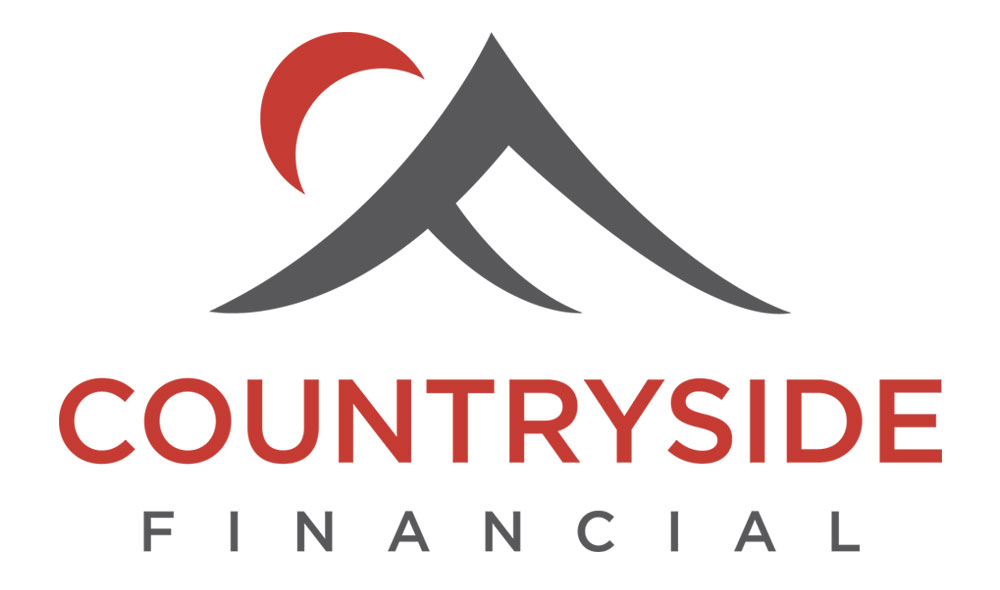Managing Your Money When Interest Rates Rise: Summarized from: Financial Consumer Agency of Canada
When a rise in interest rates may affect you
A rise in interest rates often means that it will cost you more to borrow money. A rise in interest rates may affect you if:
- you have a mortgage, a line of credit or other loans with variable interest rate
- you’ll need to renew a fixed interest rate mortgage or loan
Your financial institution could also increase your interest rate if you don’t make payments on your credit card or loan.
Fixed and variable interest rate loans
When you get a loan, your financial institution may offer you a fixed or a variable interest rate.
- A fixed interest rate will stay the same for the term of your loan.
- A variable interest rate may increase or decrease over the term of your loan.
Some lenders may offer you a lower introductory rate for a set period for certain types of loans. Make sure you can still afford the payments at the regular (higher) interest rate.
Dealing with a rise in interest rates
Pay down your debt as much as possible to deal with a rise in interest rates. If you have less debt, you may be able to pay it off more quickly. This can help you avoid the financial stress caused by higher interest rates and bigger loan payments.
You can deal with a rise by using these tips:
- reduce expenses so you have more money to pay down your debt
- pay down the debt with the highest interest rate first to pay less interest over the term of your loan
- consolidate high interest debts, such as credit cards, into a loan with a lower interest rate
- avoid getting the maximum mortgage or line of credit that a lender offers you
- avoid taking on unnecessary debt with things you want but don’t need
- avoid borrowing more money as it could limit your ability to save for your goals
- find ways to increase your income to help you pay down debt
- make sure you have an emergency fund to deal with unexpected expenses, such as covering higher loan payments to avoid penalties.
What is a trigger rate
When your mortgage or loan has a variable interest rate with a fixed payment, you may reach your trigger rate if interest rises. Your trigger rate is the rate at which your mortgage or loan payment will no longer cover principal and interest due for that period. Once you’ve reached the trigger rate, your payment will only cover interest payments and no money will go towards paying down your principal. Reaching your trigger rate means that you’ve stopped paying down your loan and you’re now borrowing more money. This is often called negative amortization.
The best way to find out your trigger rate is to review your mortgage or loan agreement. You can also contact your financial institution. They’ll be able to calculate the exact rate for you. They’ll also be able to let you know your options if you reach your trigger rate. If you reach your trigger rate, you may be required to:
- increase your payments
- make additional payments to cover the excess interest
- change to a fixed-rate mortgage
If you’re not at the maximum amortization period allowed, your financial institution may offer to extend your amortization. This would avoid having to increase your payments. However, extending your amortization means paying for a longer period and paying more interest in the long run.
When interest rates are on the rise, contact your mortgage broker or financial institution as soon as possible to discuss your options.
Candace Perko, Mortgage Broker

























